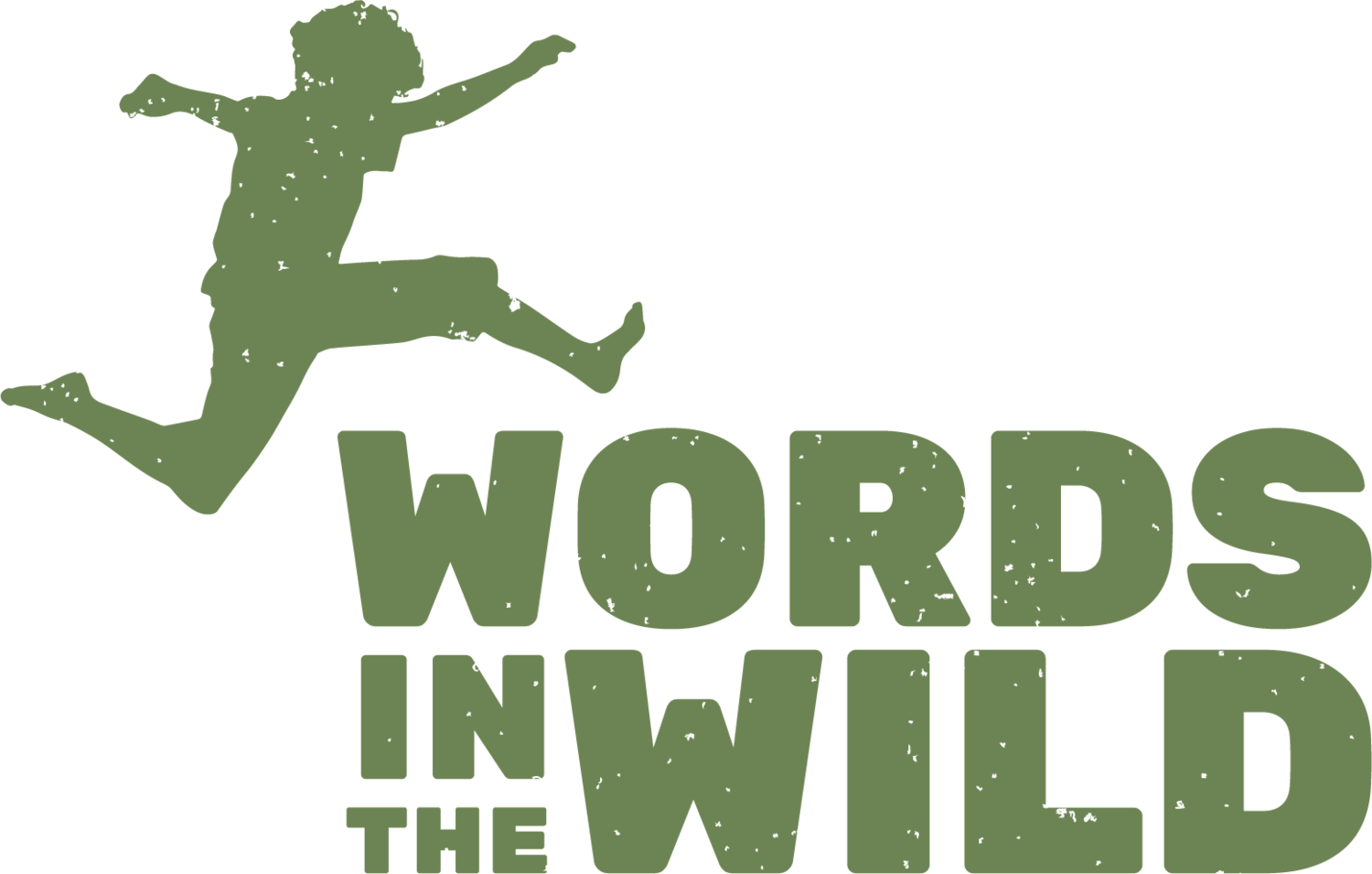Educational Therapy & Tutoring
Virtual & In-person in Oakland, CA and across the East Bay
Looking for reading and writing support for your child?
We offer educational therapy to strengthen reading and writing skills for children in grades K - 5. Specializing in emerging readers, we use a Structured Word Inquiry approach to build a deep and lasting understanding of English spelling, and vocabulary in order to ultimately improve reading comprehension. Recent research has shown that teaching through morphology is more effective than phonics alone, and in particular for students with learning differences.
Our approach — grounded in research and infused with joy — builds skills and confidence by teaching children to investigate words in the same ways that they’d investigate the details of a maple leaf or a butterfly.
Our areas of expertise:
phonological awareness
spelling through morphology
reading comprehension
vocabulary development
connecting reading to the real world, especially nature
While having fun with a skilled instructor, our young word scientists develop critical literacy skills in:
reading and understanding text
enjoying text and using it for a purpose
building oral and print vocabulary
making connections between spelling and meaning
writing independently and fluently
Ready to get started?
Fill out our 1:1 tutoring interest form and we will match your family with one of our teachers based on your child’s needs, or you can schedule an inquiry call with us to discuss what individualized support can look like for your family and answer any questions you have.
Virtual, in-person… we’ve tried it all with great success!
We offer both virtual sessions and in-person and can connect our sessions to students’ school work and/or home activities. In-person tutoring takes place at our Oakland, CA office or at a number of outdoor locations in the East Bay.
Virtual sessions take place on zoom in 50 or 75-minute increments. We have been pleasantly surprised at how engaged our clients are in this format and continue to follow best practices like building in movement breaks. We frequently email ahead reading materials or activities for parents to print, but we will work with whatever resources you have. 75-minute sessions include an extra break and allow time for a shared reading experience.
Get to know our educational therapy staff here.
Cost, Sessions, Locations and Sliding Scale
We offer 25 or 50-minute sessions. Prices are as follows:
(2+) 25-minute sessions per week* = $80 per session
(1) 50-minute session per week = $145 per session
(2+) 50-minute sessions per week = $125 per session
*Note 25-minute sessions are only offered as 2+ times per week.
Words In The Wild does provide a sliding fee scale to ensure tutoring is available to all children in need, regardless of economic circumstances. If you are interested, please fill out our sliding scale application and we will follow up.
Tutoring sessions are held virtually using Zoom, at the WITW office in Oakland or at several area parks and gardens including the Gardens at Lake Merrit, Bancroft Community Garden and Lakeside Park.
Interested in learning more? Questions about “fit” or content?
Please feel free to contact us:
email: team@wordsinthewild.org | call/text: 510.500.5380 | Schedule an inquiry call
Looking for group enrichment?
Check out WordLab!
WordLab is an opportunity to deepen students’ knowledge and skills in community, guided by expert teachers. In small groups, children become word scientists investigating the stories that words tell.
This is a fun way for students of mixed ages and skills to learn through play.
We de-emphasize reading for reading’s sake. Instead, children apply scientific practices to studying language AND nature, such as:
observing closely
recording data
making predictions
comparing evidence to hypotheses
More About Our Method & Teachers
Our Skilled Faculty
Our tutoring and ed therapy sessions are primarily led by our teaching fellows who come from a range of related backgrounds in the education field. Our current cohort of fellows are pursuing graduate degrees in Educational Therapy, Cognitive Science in Education, and Teaching Reading. Sessions are supervised by Dr. Alexis Filippini.
WordLab is led by Dr. Filippini with support from our team of fellows.
What is Ed Therapy?
Educational therapy supports students who have learning differences in a way that works for their brain and their learning style. We begin by collecting both qualitative and quantitative information about each student using assessments, information provided by parents, and a teacher or other professional notes. We work with students on their specific needs as well as their school obligations and personal interests and passions. We strive to make this an educational yet enjoyable experience for each student as we know that learning differences can be stressful for students, especially in today’s schools.
Our Approach
Words in the Wild teaches reading and writing using a variety of techniques, always focused on fostering independence and deep understanding by teaching actual linguistics through Structured Word Inquiry (SWI). We encourage children to investigate a word’s meaning, structure (morphology), and origins (etymology) in the same ways that they’d investigate a maple leaf or a butterfly. Rebecca Loveless offers a beautiful description of SWI here.
In the years that Dr. Filippini spent studying linguistics and earning her PhD in special education, she explored this framework to teach reading, which leverages morphology. Dr. Filippini has refined these techniques with the objective, evidenced-based approach of an academic and the hands-on experience of a teacher who quite literally gets in the dirt with kids.
And it’s working. Over a decade of refining our approach in after-school programs and city parks throughout the Bay Area, we’re seeing children gain an understanding of the basics of photosynthesis — the process and the components of the word itself. We’re hearing parents report that their children are not only learning to read, but they’re learning to make deeper observations and better express themselves in conversation. We’re even bumping into some of our former students in the hallways of local schools, to find them boasting about suffixes they’d identified in a book that morning.







